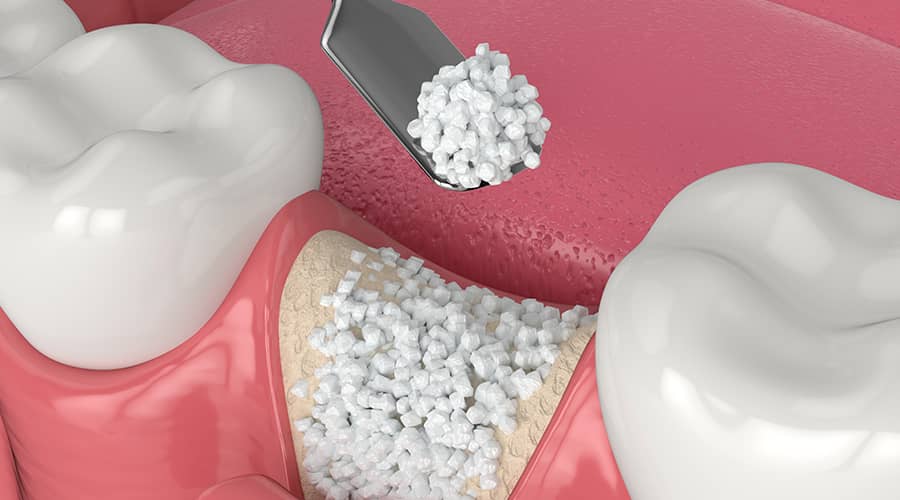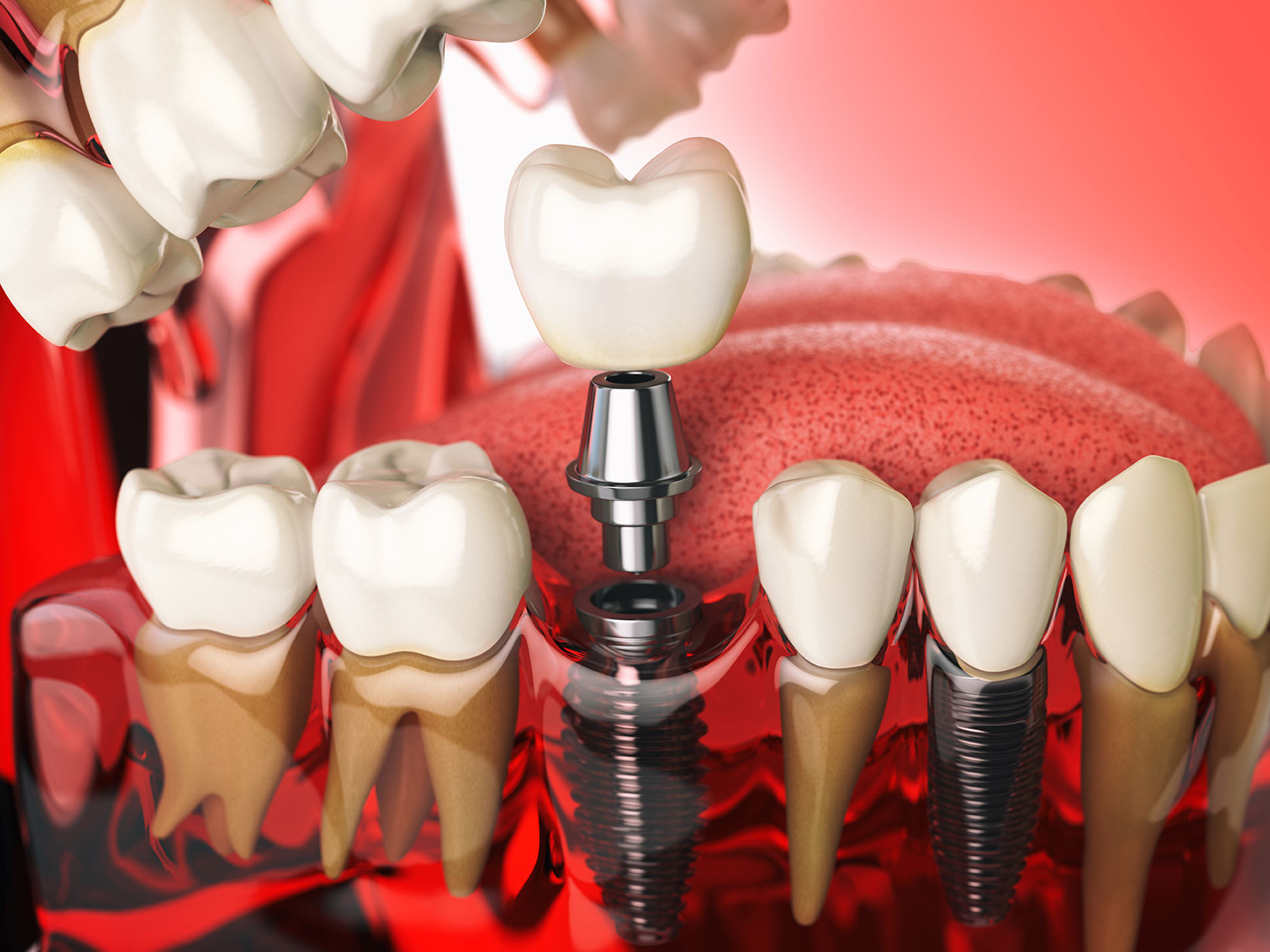The pain and discomfort of a toothache can make it difficult to eat, sleep, and concentrate. You want relief, and you want it as soon as possible so you can get back to your day-to-day activities. Depending on what’s wrong with the tooth, a dentist might recommend either a root canal or tooth removal. While...
Category: <span>Oral Surgery</span>
Do I Really Need a Bone Graft Before Implants?
Patients needing dental implants often expect to have a new tooth, or set of teeth, after just one office visit. However, the tooth replacement process can take up to a year if other procedures, such as a bone graft, are needed first. We will discuss when a dentist may recommend a bone graft before implants...
What Are My Sedation Options for a Root Canal?
It’s common for people to dread getting a root canal, but if a dentist recommends it, there may not be any better options for fixing the tooth. Luckily, the surrounding gums are numbed during the procedure. This is sufficient for most people to get through a root canal without much discomfort. However, some people may...
Implant vs. Mini-Implant: What’s the Difference and Which Is Right for You?
Dental implants have become one of the most trusted ways to replace missing teeth. They provide a stable, long-lasting solution that looks and feels very natural. But patients may not realize there are two main types of implants used in dentistry: traditional dental implants and mini dental implants. While they are both designed to help...
Can Mouth Cancer Be Treated?
An oral cancer diagnosis can be very scary. Fortunately, if the first signs of mouth cancer are caught early enough, it can be cured. We will discuss the best treatment options available, and why it’s important to have a dentist who is familiar with detecting cancer early. First Signs of Mouth Cancer: Why Early Detection...
When is Sedation Necessary in the Dental Office?
Some people might associate sedation with major surgeries, but it is quite commonly used in dental settings as well. Whether or not sedatives are used is highly dependent on patient comfort levels and the type of procedure. Sedation is often used with invasive or painful dental procedures, but can also be used to ease various...
Is My Jawbone Deteriorating? What Dental Bone Loss Feels Like
Believe it or not, you lose—and regrow—a little bit of bone every day of your life. Age, trauma, and disease can interrupt or slow down the rebuilding process, resulting in diminished bone density. This can make bones weak, fragile, and unstable. Bone loss in the jaw is particularly troublesome. Strong jawbones, also called the maxilla...
Can You Have Dental Implants if You Have Gum Disease
Dental implants are one of the best ways to replace missing teeth. They look and function just like natural teeth, making them a popular choice. But what about patients with gum disease? Can they still get dental implants? This is a common question, and the answer is that it depends on a few factors. Patients...
How to Deal with a Tooth Filling that Has Fallen Out
Tooth fillings are common in adults. According to the National Institute of Dental and Craniofacial Research, an adult aged 20-34 has about 5 fillings in their teeth and this number only increases with age. Considering that fillings have a limited lifespan, it’s not surprising that at some point in their lives, some people will have...
“Dental Implants vs. a Bridge” Which one do I need?
A missing tooth is not only a cosmetic concern; it can also make chewing difficult, cause gum decay, and even lead to bone loss. Filling the space promptly is the best way to prevent major dental issues, but is a bridge or implant better? We will discuss the benefits and drawbacks of each. Is a...











